12 Purchases You Regret Because You Rarely Use Them
Many people look back at certain shopping choices and realize they were not worth the money. Items bought on impulse or because of social pressure often end up tucked away, forgotten, or used only once. From clothing meant for a single event to gadgets that lose their appeal quickly, these purchases rarely deliver lasting value. What feels exciting at the moment can later become a source of clutter and regret.
This post may contain affiliate links, which helps keep this content free. Please read our disclosure for more info.
Special Occasion Clothing
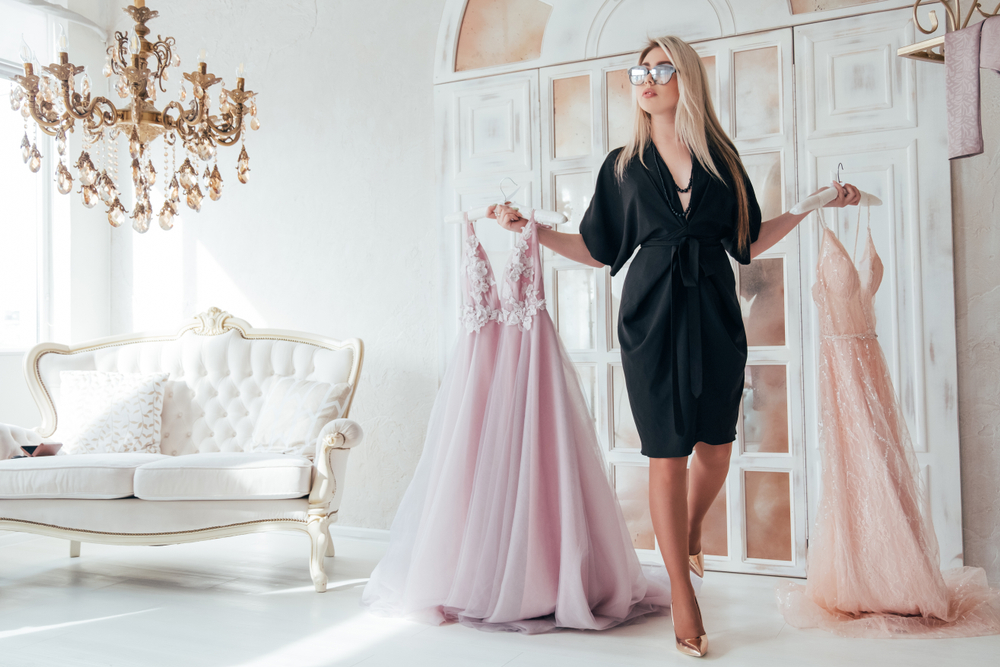
Clothes bought for weddings, galas, or themed events often feel like a good idea at the time. The thought of standing out or impressing others makes it easier to justify spending a large sum. Unfortunately, these outfits usually stay in storage afterward because they are too formal or flashy for daily use. The cost per wear ends up being shockingly high, leading to regret once the event has long passed.
This kind of purchase is often linked to social pressure and impulse. People convince themselves they need something new rather than repeating an older outfit. Later, the unused clothing becomes a source of guilt every time they open their closet. The excitement of the event is short-lived, but the price tag remains as a reminder of overspending.
Fitness Equipment

Treadmills, stationary bikes, and elliptical machines are often bought during a burst of motivation. Buyers imagine a fresh routine that will completely reshape their lives. Sadly, most people realize that the equipment takes up too much space, is noisy, or requires more discipline than they anticipated. Within a few months, it becomes an expensive clothes rack instead of a fitness tool.
The regret tied to this type of purchase is twofold. There is the financial loss from buying a machine that rarely gets used, but there is also a sense of personal disappointment. Instead of inspiring better habits, the unused item becomes a reminder of goals left unfulfilled. This makes the purchase harder to justify and emotionally draining over time.
Kitchen Gadgets

Specialty kitchen tools like pasta rollers, bread makers, or air fryers look tempting in stores or online. Advertisements and social media trends make them seem essential for cooking at home. In reality, they are often bulky, difficult to store, and time-consuming to clean. After the novelty fades, most people return to basic utensils and forget about the gadget entirely.
The frustration deepens when these items clutter countertops or cabinets. They take up space that could be used for everyday essentials, leaving owners irritated whenever they reorganize. Many buyers later admit that the recipes they wanted to try could have been made with simpler, cheaper methods. The realization makes the purchase feel like wasted money driven by impulse.
Subscription Boxes
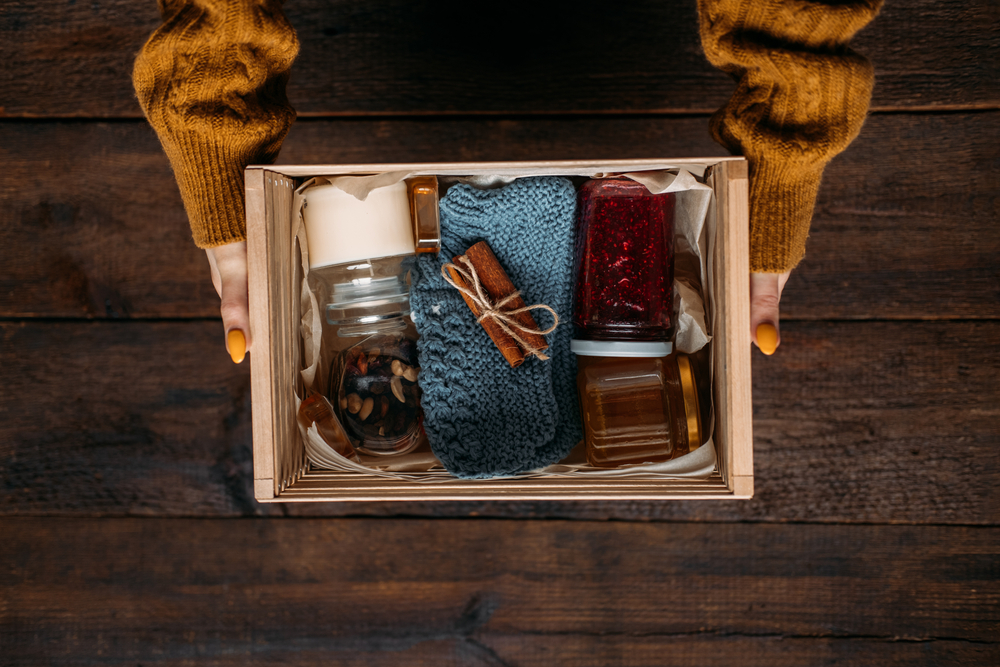
Subscription services filled with snacks, beauty items, or small trinkets create excitement at first. Each month feels like receiving a gift, which explains why so many people sign up. After a while, however, the products start to feel repetitive or unnecessary. The joy of opening the box fades, and items begin piling up unused.
Regret comes from realizing that the money spent could have been saved or used for something more practical. The boxes often contain sample sizes or products that do not suit personal preferences, adding to the disappointment. While the first delivery feels like a treat, the long-term effect is clutter and financial drain. Cancelling the subscription often happens after months of waste.
Gaming Consoles and Accessories

Many people buy new consoles or accessories during a wave of excitement. It might be driven by friends, hype around a new release, or the belief that they will dedicate more time to gaming. Yet, once the thrill wears off, the system often sits unused, gathering dust. Games themselves are expensive, and accessories like VR headsets may be used only a few times.
This regret often stems from buying into trends rather than assessing personal habits. Someone who rarely had time for gaming before is unlikely to suddenly find hours to dedicate to it. Over time, the purchase becomes a costly decoration instead of a source of entertainment. The gap between expectation and reality creates lasting frustration.
Expensive Home Decor
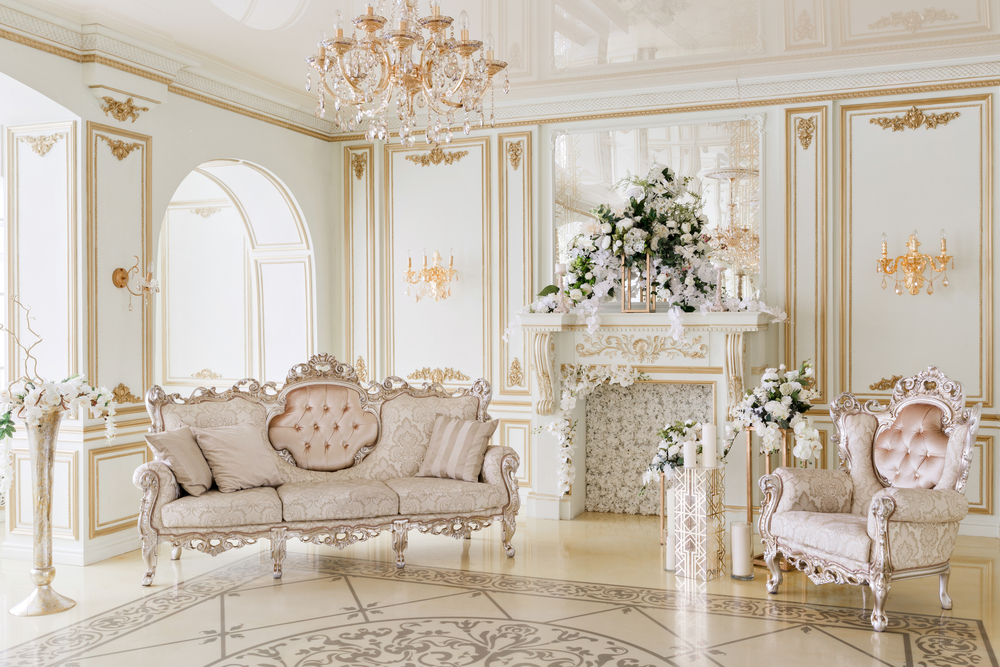
Decor items like ornate furniture, chandeliers, or large art pieces feel appealing in the store. They give an impression of elegance or sophistication, making the buyer believe they are elevating their living space. Once at home, however, these pieces may clash with existing decor or feel out of place. Instead of adding warmth, they create a sense of discomfort.
Regret comes not just from the expense but from the emotional effect. Instead of feeling proud, the owner may feel insecure about their choices. Visitors may not react as expected, leading to second thoughts about the purchase. In many cases, these items end up hidden in storage, making the waste even more noticeable.
Jewelry and Watches
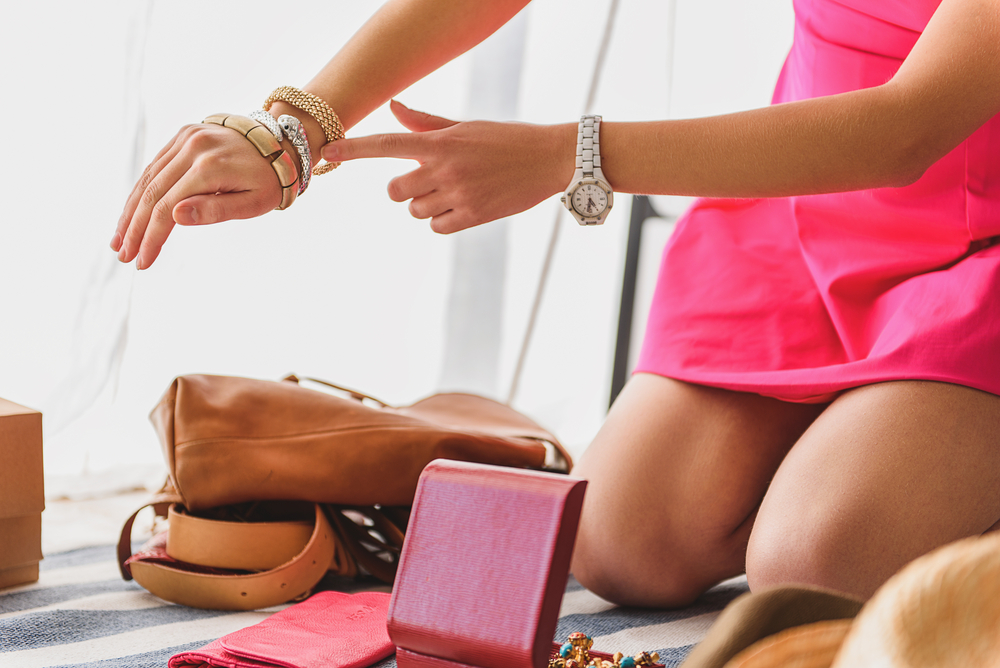
High-end jewelry and watches are often bought as status symbols or impulse splurges. They may sit in their boxes after purchase because the owner feels they are too flashy or impractical for daily wear. While the item itself might be valuable, its lack of use makes it a regrettable investment.
The regret often stems from buying something for image rather than genuine enjoyment. Jewelry can carry a heavy price tag, and when it rarely sees the light of day, the money feels wasted. Many people realize later that a simpler, more affordable piece would have been more satisfying. The mismatch between expectation and reality leaves a lasting sense of loss.
Streaming Services

With so many streaming platforms available, it is easy to subscribe to multiple at once. The thought of endless content seems appealing at first, but many services overlap in what they offer. As a result, people end up paying for several monthly subscriptions while using only one or two regularly.
This type of regret builds up slowly. The charges feel small individually, but combined, they add up to a significant expense. By the time someone realizes they hardly use most of the platforms, months of money have been wasted. Cancelling feels like admitting to falling for marketing rather than genuine need.
Shoes for Trends
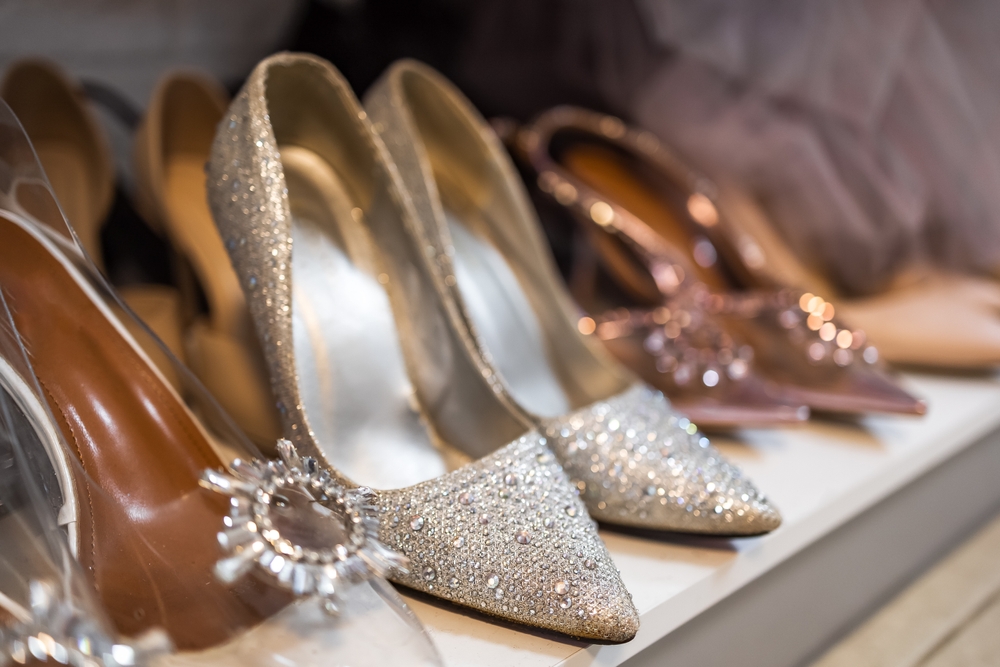
Trendy sneakers, high heels, or boots often look appealing during a shopping trip. People convince themselves that these shoes will complete their outfits or give them confidence. Yet, many trendy pairs end up uncomfortable, impractical, or too flashy for everyday wear. They sit in closets, untouched after the initial excitement fades.
The regret comes from realizing the purchase was based on image rather than lifestyle. A shoe that pinches or cannot handle daily walking will never feel worth the cost. Buyers often admit later that their comfortable, everyday shoes bring far more value. Trend-driven purchases highlight the difference between want and need.
Luxury Bags
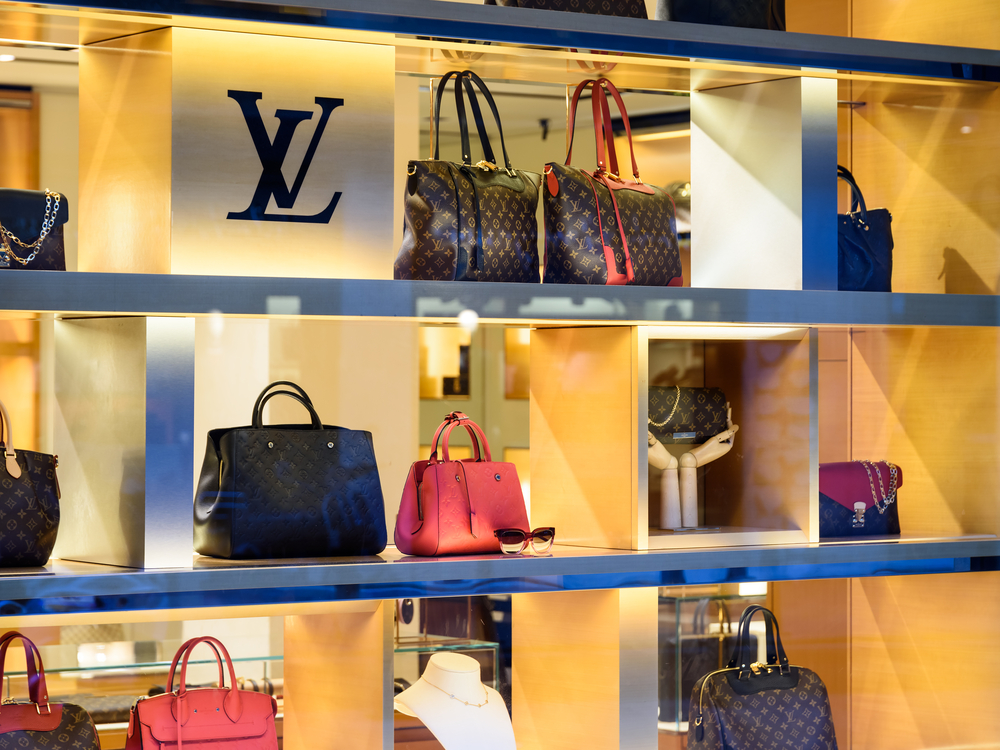
Designer handbags are a common splurge that many people regret. The price tag alone can be overwhelming, but the belief that the bag will hold value pushes buyers to go through with it. In reality, most sit unused because owners are afraid to damage them. The bag becomes more of a display piece than something practical.
The emotional regret is stronger than the financial one. Carrying such a bag can sometimes create insecurity rather than pride. People worry about theft, scratches, or judgment from others. What was supposed to bring joy often ends up locked away, unused, and unappreciated.
Hobby Supplies
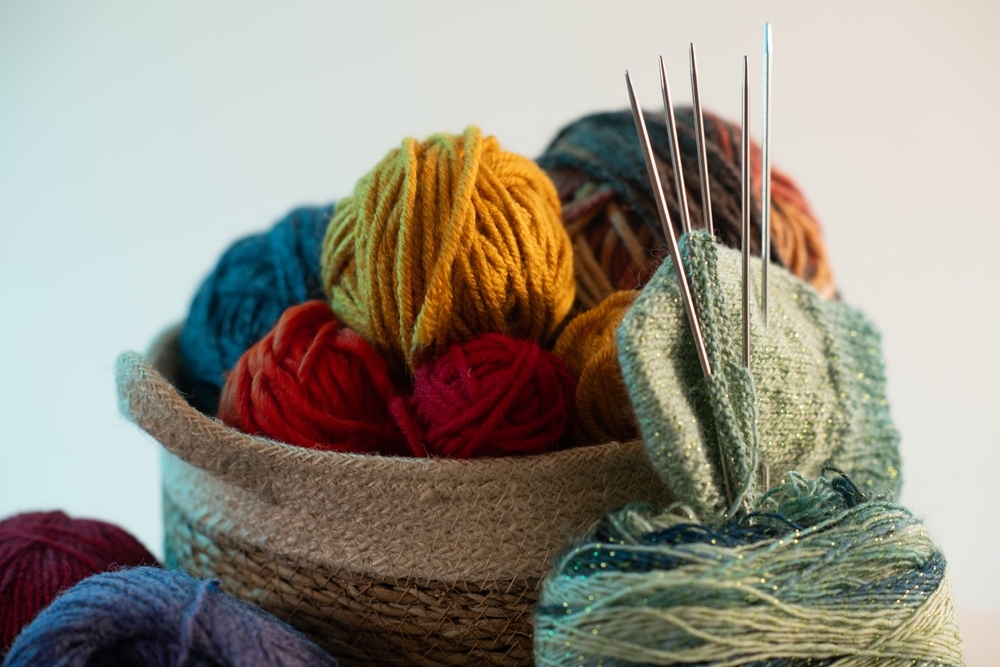
Painting kits, knitting tools, or musical instruments are often bought with enthusiasm. People imagine themselves taking up a new hobby, but reality often gets in the way. The supplies sit untouched after the initial burst of interest disappears. Over time, they serve as reminders of failed projects or unfulfilled goals.
The regret here is both emotional and financial. People often realize they could have tried the hobby on a smaller scale before spending heavily. Large investments in supplies end up being a mistake when the passion does not last. Instead of fueling creativity, the purchase brings guilt.
Expensive Skincare and Beauty Products

Luxury skincare and beauty items promise transformative results. Shoppers often buy into the idea that the higher the price, the better the outcome. Unfortunately, many of these products do not deliver noticeable improvements, and some end up irritating the skin. They eventually gather dust on shelves or expire unused.
The disappointment is amplified when people realize they fell into a marketing trap. Buying products out of insecurity or social pressure makes the regret worse. In hindsight, a simple and affordable routine would have been more effective. The money lost becomes a constant reminder of the mistake.
This article originally appeared on Avocadu.
